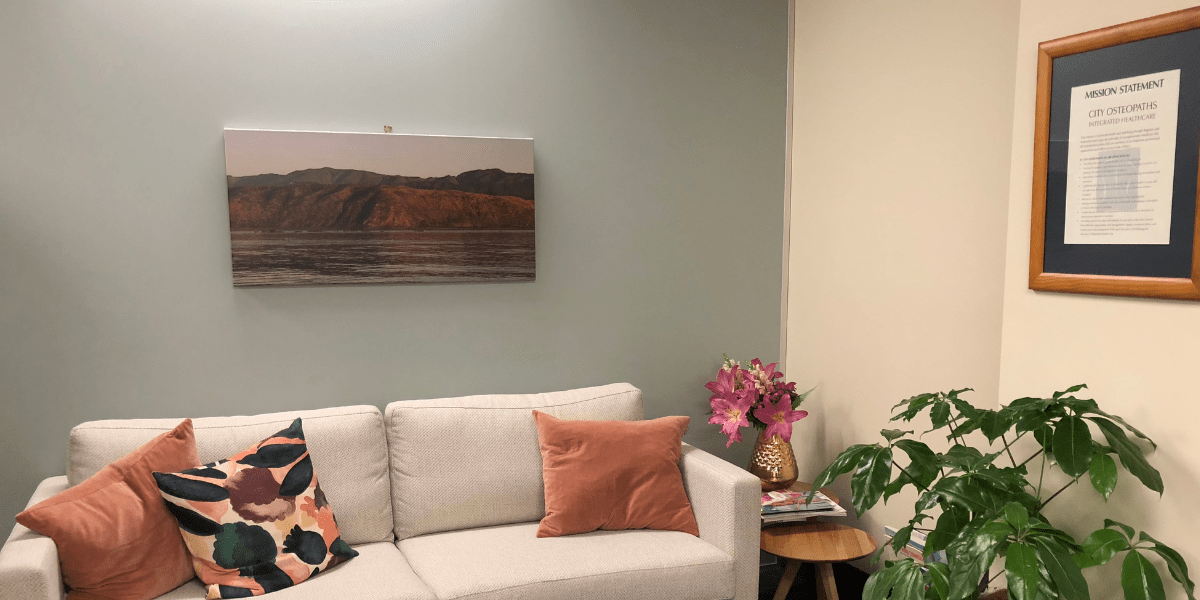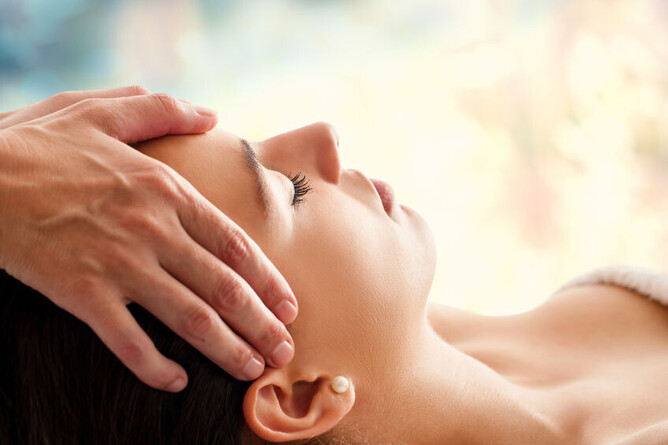SLEEP HYGIENE
- Conducive sleep environment: Dark (no electronics, lights, black out curtains, eye covers) and quiet.
- Cool environment: 20 deg C; core body temperature needs to be cool to induce sleep. Increased temperature is a trigger to wake up (bedding, clothing, mattress topper, cooling blankets, forehead cooling devices
- No phones in the room – can be a source of light, also triggers hyperarousal/alerting neurotransmitters.
- No devices in the 90 minutes before bed; don’t do work 90’ before bed too; give yourself a window to unwind and relax before going to bed (reduce the arousal response)
- Avoid bright light/blue light exposure in the evening: dim ambient lights, wear blue-light blocking glasses (recall the melatonin effect)
- Always get out of bed at the same time each day: sleeping in delays the build-up of adenosine (reducing the drive to sleep at night) and reduces light exposure; same bedtime.
- Get 30+minutes of sunlight first thing in the morning (use a 10,000lux lamp otherwise)
- Napping may be required in the early phases post-concussion when having hypersomnolence, but as soon as possible, avoid it. Rest without sleep.
- *** Do not spend time in bed except for sleep or intimacy: No watching TV, eating, working in bed; if you cannot fall asleep within 20 minutes of being in bed, get out, go elsewhere quiet and dark (I suggest podcasts and audiobooks)
- Avoid eating 3 hours before bedtime. Eating shunts blood flow to your core, increasing core body temperature; avoid simple sugars/processed carbohydrates which can cause hypoglycemia during the night; increase fibre
- Avoid caffeine after midday (it blocks Adenosine receptors) and avoid alcohol in the evening.
- Exercise!! It builds the need for recovery that sleep provides, induces hormones needed for sleep; do it earlier in the day if it causes difficulty falling asleep later.
- Relaxation techniques (meditation, breathing techniques)
If you wake up during the night (and sleep disorders have been ruled out), follow a sleep restriction protocol:
1. Estimate how many hours of sleep you get per night, and only spend that many hours in bed: e.g. if you get 5 hours total, and wake up at 7am, don’t go to bed until 2am.
2. If you fall asleep within 20 minutes, continue for several nights, then set bedtime 10 minutes earlier; if you cannot fall asleep within 20 minutes, get out, come back only when you feel ready to sleep. If after moving your bedtime earlier, you start waking up in the middle of the night again, start the process again. If not, continue to move bedtime 10 minutes earlier every 3 nights or so until sleeping 7.5+ hours continuously.



